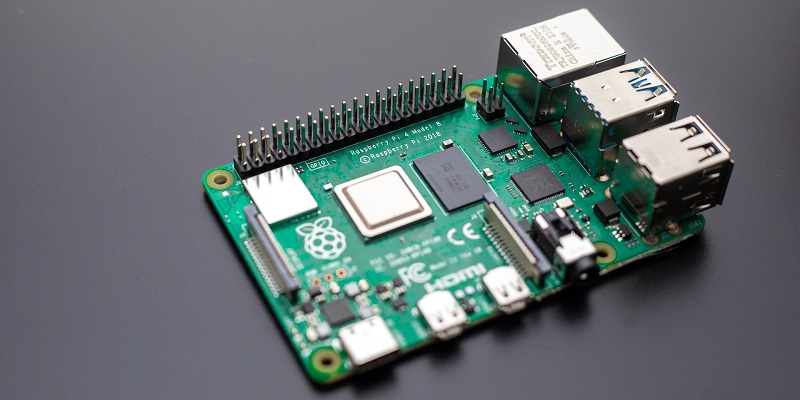NVIDIA’s latest beta drivers, version 535.50, have been optimized for Microsoft DirectStorage 1.2 API. The DirectStorage API is a high-performance interface that allows games to take full advantage of NVMe solid-state drives (SSDs) and other high-speed storage devices. This optimization has led to significant improvements in SSD performance for both Gen5 and Gen4 drives. In this article, we will examine these improvements and what they mean for gamers and PC enthusiasts.
NVIDIA’s latest beta drivers are optimized for Microsoft DirectStorage 1.2 API
The latest NVIDIA BETA drivers have been optimized explicitly for the DirectStorage API, resulting in significant improvements in SSD performance. These optimizations were designed to take full advantage of the DirectStorage API’s capabilities to improve data transfer speeds between storage devices and the graphics card, thereby improving overall gaming performance.
Improved performance for both Gen5 and Gen4 SSDs
These updated drivers have shown improvements in SSD performance for both Gen5 and Gen4 drives. The DirectStorage API already provided a considerable boost to performance by moving the copy after GPU decompression to the compute queue, but the NVIDIA optimizations have taken this to the next level.
To demonstrate the improvements, a standard test was run using the older NVIDIA 532.03 drivers. The test compared the performance of the Crucial T700 Gen5, the fastest available consumer SSD, with the Sabrent Rocket 4 Plus-G, a high-end Gen4 drive optimized for the DirectStorage API.
Bandwidth differences between Gen5 and Gen4 drives
The results of the test show a clear difference between the Gen5 and Gen4 SSDs. The Gen4 SSD achieved a maximum bandwidth of 22.26 GB/s, while the Gen5 SSD achieved a maximum bandwidth of 28.09 GB/s. This represents a significant improvement for Gen5 SSDs and demonstrates the advantages of using the newest hardware available.
Compusle’s DirectStorage GPU Decompression Benchmark
To further demonstrate the improvements in SSD performance, Compusemble conducted a DirectStorage GPU decompression benchmark using the updated NVIDIA 535.50 beta drivers. The results of this test showed that Gen5 drives have up to a 37% advantage over Gen4 drives, translating to faster loading times and improved gaming performance.
Public Driver Release
While the 535.50 beta drivers are currently only available to NVIDIA beta testers, NVIDIA has announced that these optimizations will be included in a future public driver release. This will allow all users to experience the benefits of the DirectStorage API, even those with lower-end hardware.
Advancements in SSD performance benefit HDD load times
The advancements in SSD performance brought by NVIDIA’s latest beta drivers have the potential to improve load times across all storage devices, including hard disk drives (HDDs). This is because the more efficient data transfer system can take advantage of the faster read and write speeds of SSDs, even when accessing data stored on HDDs.
NVIDIA’s latest beta drivers, optimized for the Microsoft DirectStorage 1.2 API, have shown significant improvements in SSD performance for both Gen5 and Gen4 drives. These optimizations have the potential to significantly improve gaming performance, and a public driver release is expected soon, allowing all users to take advantage of these advancements. With faster load times and improved gaming performance, the DirectStorage API is a crucial tool for any PC gamer or enthusiast looking to stay ahead of the curve.

